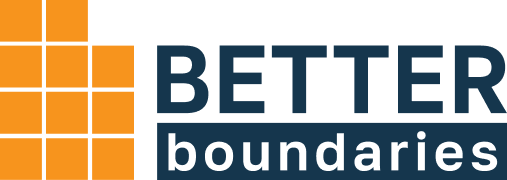Our History
A Timeline of Action, Advocacy, and Impact
Since 2017, Better Boundaries has been leading the fight for fair representation in Utah—pushing back against gerrymandering, defending voter-approved initiatives, and working to make government more accountable to the people. Here’s a look at our journey so far:
2017
Building a Movement
A bipartisan group of Utahns comes together to form Better Boundaries with the goal of ending gerrymandering through citizen-led reform.
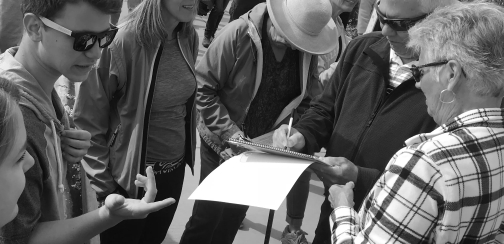
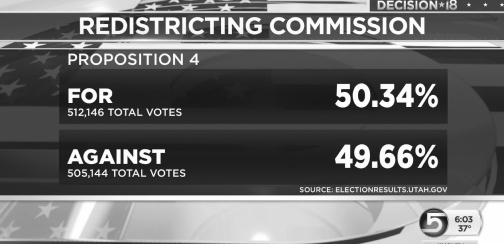
2018
Prop 4 Passes
Voters approve Proposition 4, creating an independent redistricting commission to draw fair maps for legislative and congressional districts. It passes by a narrow margin, reflecting the growing demand for more accountable political boundaries.
2020
Legislature Repeals Prop 4
Lawmakers pass SB200, stripping the commission of its authority and making its work advisory only—undermining key parts of what voters approved.
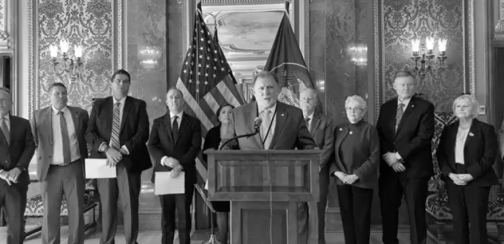
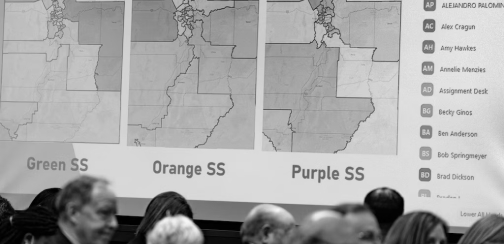
2021
Commission Submits Fair Maps After Public Input
The Independent Redistricting Commission holds dozens of public hearings across the state and gathers input from Utahns. It submits recommended maps designed to reflect communities and uphold fairness in the redistricting process.
2021
Partisan Maps Adopted
The legislature draws and enacts its own maps in a single-day special session, ignoring the commission’s recommendations. Salt Lake County is split into all four congressional districts, raising concerns about gerrymandering and disenfranchisement.
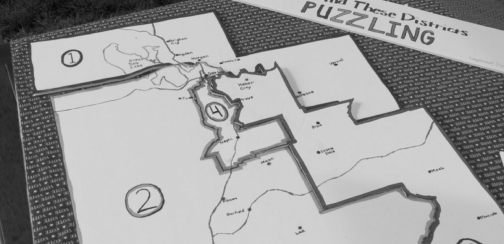
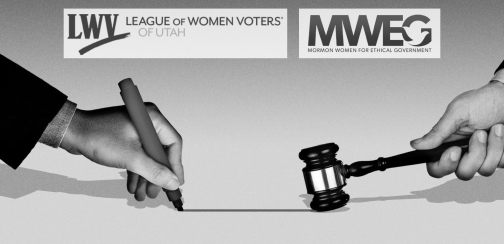
2022
Legal Challenge Filed
The League of Women Voters of Utah, Mormon Women for Ethical Government, and several individual Utah voters supported by Better Boundaries and partners file a lawsuit arguing that the legislature’s repeal of Prop 4 violates the Utah Constitution.
July 11, 2024
First Major Legal Victory
The Utah Supreme Court rules unanimously that voter-approved initiatives are protected under Utah’s constitution, affirming Utahns have the right to reform their government. The case is sent back to district court for further proceedings.
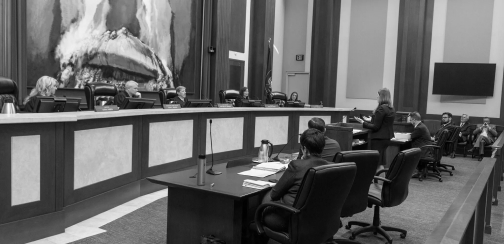
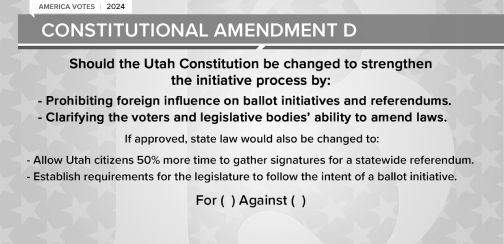
August 2024
Legislature Calls Special Session
Following the Utah Supreme Court’s July ruling protecting Prop 4, the legislature convenes a special session to pass SJR401, placing Amendment D on the November ballot. The proposed constitutional amendment would have explicitly allowed the legislature to repeal or amend any voter-approved initiative by a simple majority vote, undermining the core check voters have on legislative power.
October 2024
Second Legal Win: Amendment D Struck Down
Amendment D, which would have changed the Utah Constitution to let the legislature repeal initiatives by simple majority vote, is removed from the ballot by the courts. Judges rule that the language was misleading and failed to follow proper notice, marking another major victory for Utah voters and citizen power.
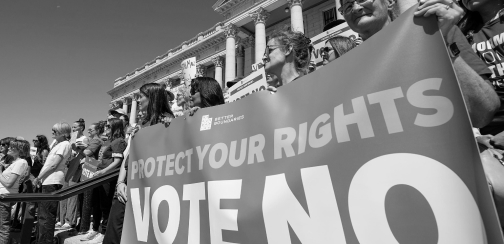
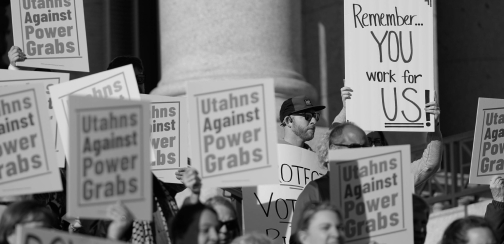
August 2025
Proposition 4 is Back
Utah’s Third District Court ruled that the Legislature was wrong to overturn the will of the voters, and reinstated Proposition 4, the redistricting law passed in 2018. The Court ordered the Legislature to submit new congressional maps that comply with Proposition 4’s independent redistricting process. These maps will be used in the 2026 election.
2017
Building a Movement
A bipartisan group of Utahns comes together to form Better Boundaries with the goal of ending gerrymandering through citizen-led reform.

2018
Prop 4 Passes
Voters approve Proposition 4, creating an independent redistricting commission to draw fair maps for legislative and congressional districts. It passes by a narrow margin, reflecting the growing demand for more accountable political boundaries.

2020
Legislature Repeals Prop 4
Lawmakers pass SB200, stripping the commission of its authority and making its work advisory only—undermining key parts of what voters approved.

2021
Commission Submits Fair Maps After Public Input
The Independent Redistricting Commission holds dozens of public hearings across the state and gathers input from Utahns. It submits recommended maps designed to reflect communities and uphold fairness in the redistricting process.

2021
Partisan Maps Adopted
The legislature draws and enacts its own maps in a single-day special session, ignoring the commission’s recommendations. Salt Lake County is split into all four congressional districts, raising concerns about gerrymandering and disenfranchisement.

2022
Legal Challenge Filed
The League of Women Voters of Utah, Mormon Women for Ethical Government, and several individual Utah voters supported by Better Boundaries and partners file a lawsuit arguing that the legislature’s repeal of Prop 4 violates the Utah Constitution.

July 11, 2024
First Major Legal Victory
The Utah Supreme Court rules unanimously that voter-approved initiatives are protected under Utah’s constitution, affirming Utahns have the right to reform their government. The case is sent back to district court for further proceedings.

August 2024
Legislature Calls Special Session
Following the Utah Supreme Court’s July ruling protecting Prop 4, the legislature convenes a special session to pass SJR401, placing Amendment D on the November ballot. The proposed constitutional amendment would have explicitly allowed the legislature to repeal or amend any voter-approved initiative by a simple majority vote, undermining the core check voters have on legislative power.

October 2024
Second Legal Win: Amendment D Struck Down
Amendment D, which would have changed the Utah Constitution to let the legislature repeal initiatives by simple majority vote, is removed from the ballot by the courts. Judges rule that the language was misleading and failed to follow proper notice, marking another major victory for Utah voters and citizen power.

2025 (Ongoing)
Redistricting and Initiative Fights Continue
The legal challenge to Utah’s legislative and congressional maps remains active in district court and could have major implications for how districts are drawn in future elections. At the same time, the legislature continues efforts to weaken the citizen initiative process—most recently through SB73, which adds new procedural hurdles, and SJR2, a proposed constitutional amendment that would limit voter-led reforms. We’re working to protect both fair maps and the tools voters rely on to hold government accountable.

